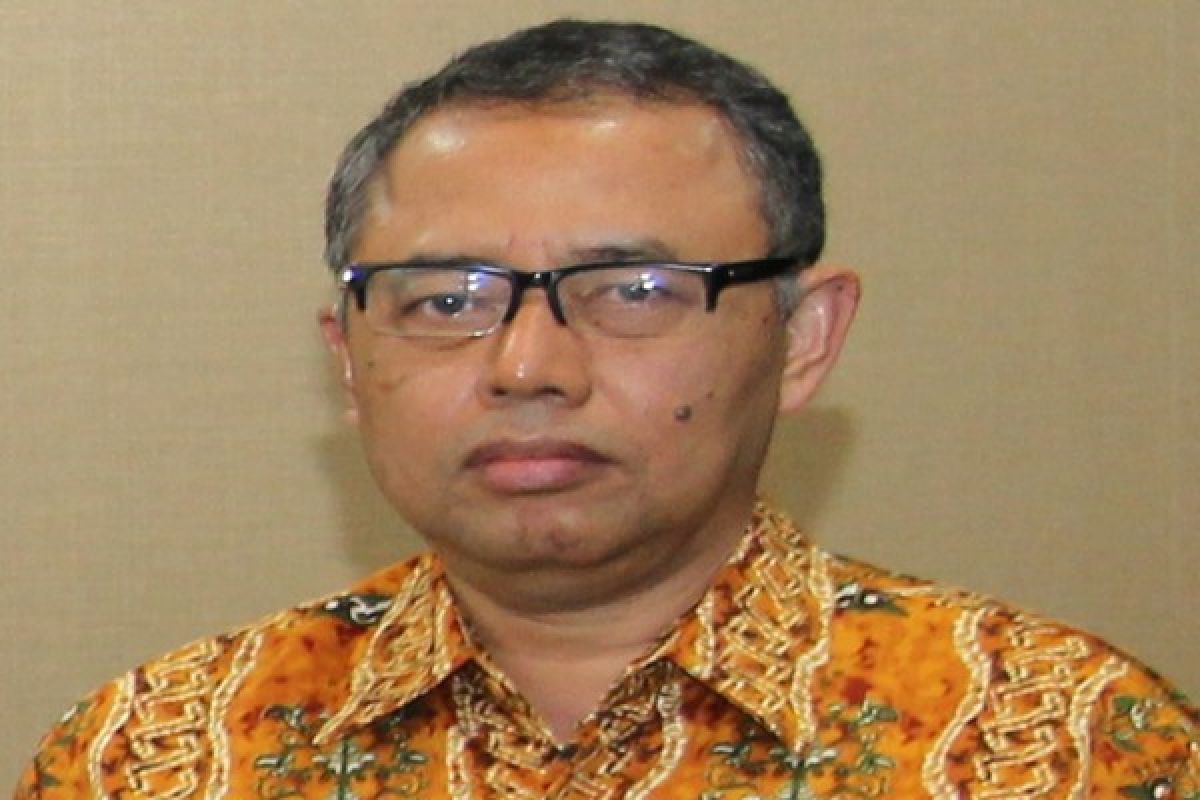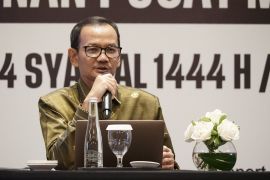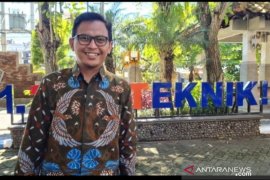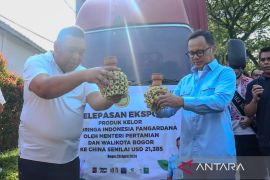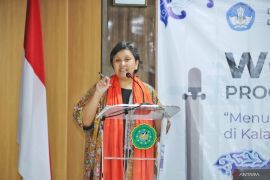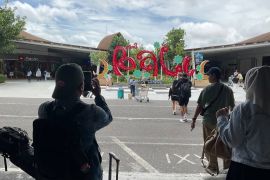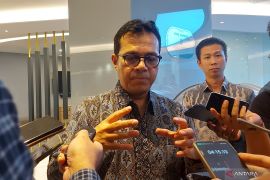"It can be seen that the expectations regarding higher education are very demanding as well as complicated," Prof. Dr. Dede Rosyada, MA, director of the Islamic Higher Education, Ministry of Religious Affairs of the Republic of Indonesia, told ANTARA News here recently.
Prof. Rosyada was one of the speakers at the 5th Prime Regional Forum Asia held in Kuala Lumpur last week. He spoke on Humanizing Higher Education for Sustainable Community Development: Indonesian experience.
He noted that the main task of an academic institution, university or higher education school was to produce new theories and technologies in all disciplines and branches of knowledge. A university is required to impart lessons in all disciplines of science and knowledge through professors, which can then be developed through scientific research or new discoveries and, ultimately, published by academicians in academic journals.
According to him, the publications of scientific researches should be critically evaluated and validated and then disseminated to all users or stakeholders. Finally, he emphasized, it is expected that the findings of scientific research be used to improve the quality of human life.
On the other hand, he observed, a university was also required to prepare its students to compete in the labor market. Furthermore, universities are also required to encourage and promote creative activities and innovations to develop the economic potential of the country.
"Questions such as how to keep up the academic works mentioned earlier may arise if a university is also required to accommodate creative programs for its students in order to prepare them for the labor market or other creative fields," he pointed out.
Prof. Rosyada said designing academic programs that will enable students to compete in the labor market is a big challenge for universities.
The problem is currently experienced in the redesigning of the programs of the universities in Indonesia. The higher education bill number 12, year 2012, attempts to combine two functions: producing new theories and technologies, and preparing students for the labor market.
The Indonesian Higher Education field has a significant position in terms of economic growth, as the development of the country will depend on the capacity of its people, he added.
"That is why the target of the Indonesian development programs today is to improve the capacity of its human resources. Hence, the universities in Indonesia have the huge task of preparing smart and competitive citizens as potential human resources to participate in all kinds of economic activities, be it as employees in the private sector, entrepreneurs or other business sector workers," he noted.
"The Indonesian government will strongly endorse these efforts because we believe that the power of our economy will depend on our society. So, the government will initiate, facilitate, and supervise."
For this reason, higher education in all university programs, academic or vocational, should include labor market in their curricula, as students tend to land jobs or professional works as well as discover entrepreneurship skills to build businesses once they finish their studies, he said.
"Therefore, academic programs should offer students skills and trainings along with knowledge in theories and vocational programs," Prof. Rosyada noted.
PRME Regional Forum
The Othman Yeop Abdullah Graduate School of Business at the Universiti Utara Malaysia (UUM) and the World Association of Business Schools in Islamic Countries hosted the 5th PRME Regional Forum Asia in Kuala Lumpur 2014. The theme of the forum is Transforming Higher Education for Sustainable Community Development.
The Principles for Responsible Management Education (PRME) is an initiative supported by the United Nations to inspire and champion responsible management education, research, and thought leadership globally.
The aim of the 5th Preme Regional Forum Asia Kuala Lumpur 2014 is to promote discussion and adoption of PRME and the UN Global Compact principles by academic institutions, businesses, and civil societies in Asia. Thus, the forum provides the platform for business schools, businesses, policy makers, NGOs, and government agencies to come together and find ways for how business schools could play a leading role in contributing toward sustainable community development.
While the challenges are many and diverse, the forum focuses on transforming business schools so that they contribute to community development by creating future managers and leaders who will work for community welfare and react to the needs of the community at large.
(T.M016/INE/KR-BSR/H-YH)
Editor: Priyambodo RH
Copyright © ANTARA 2014
